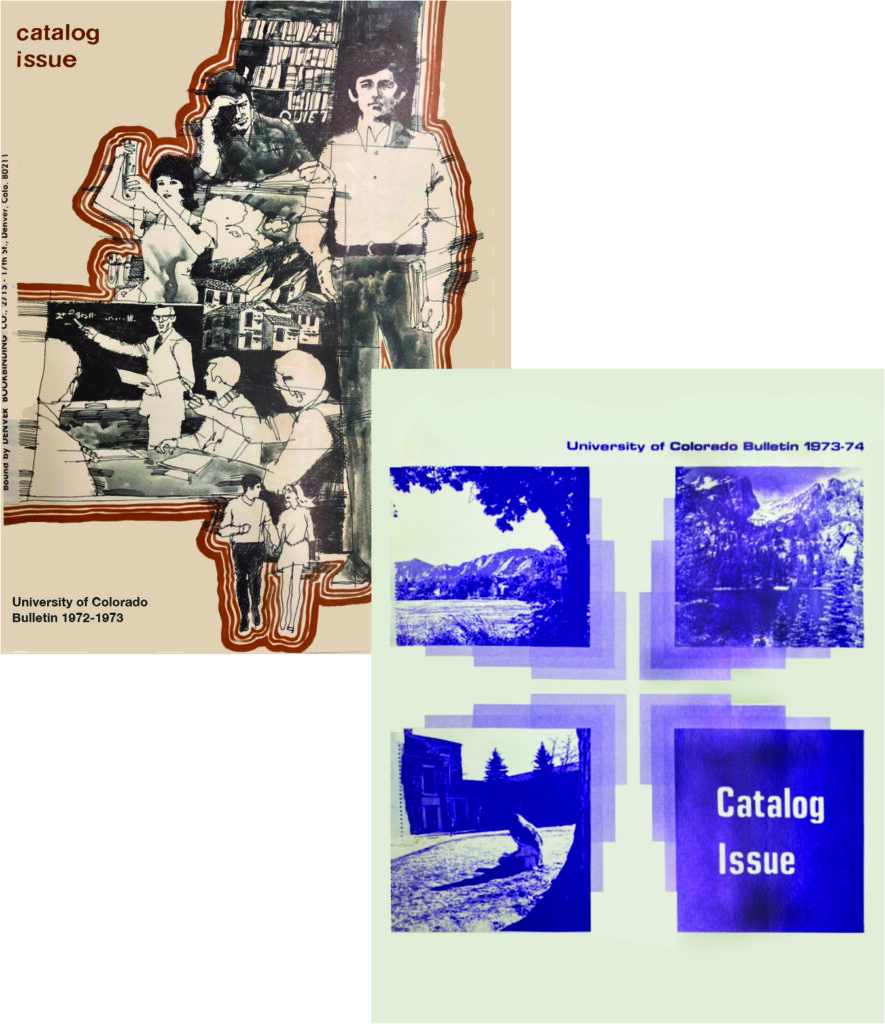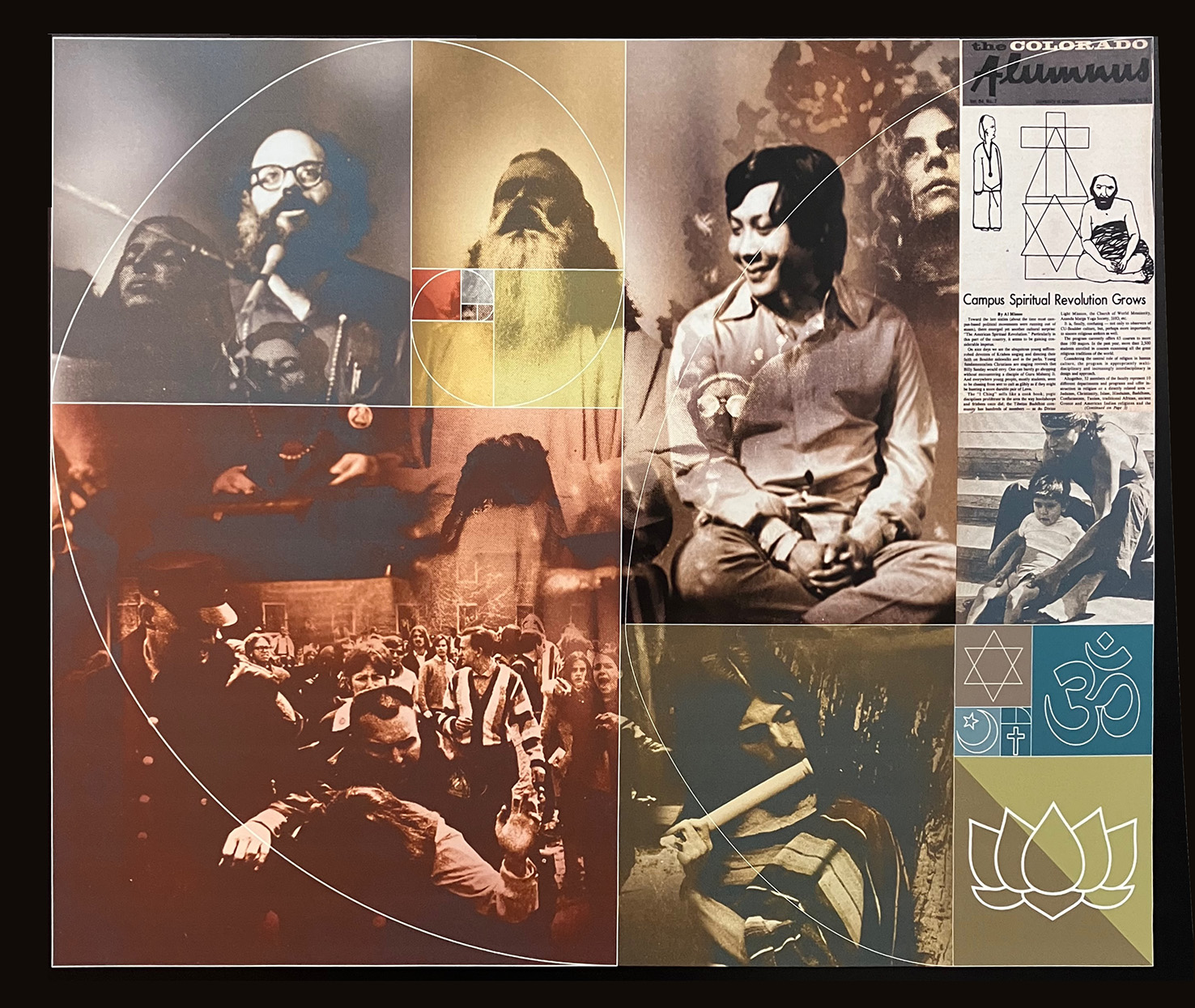Autumn is upon us! As the 2025-2026 school year gets into full swing, the Digital Library is thrilled to release a series of classes on Tibetan Buddhism that Chögyam Trungpa taught at the University of Colorado Boulder in the early 1970s. Featuring lectures from Trungpa Rinpoche, lively Q&A, and even homework assignments and suggested readings, these recordings capture the first time he appeared in the role of professor in the West.

These four semester-long classes—taught each year from 1971 to 1974—laid the ground for the legendary first summer session of Naropa University. Class topics run the gamut from foundational Buddhist teachings (such as the four noble truths, the three marks of existence, the basics of meditation, and the meaning of nirvana) to vivid descriptions of the bodhisattva path, how to transplant bodhicitta into your heart, tantric mysticism, and more.
This set of recordings has quickly become a staff favorite. They are excellent listening for a wide range of practitioners including new meditators, those looking to refresh their understanding of the basics, and teachers in training. These talks are being made available for the first time, and nearly all of this material has never been published!
Follow the link to read our article about the auspicious circumstances that brought Trungpa Rinpoche to Boulder and the University of Colorado and more insightful context into this unique collection of teachings. You will also find a notable clip to listen to, the full playlist for each seminar, and additional materials to explore.
Learn more, listen to a clip, and access the recordings

“There are a lot of things that we need to unlearn. We have been stuffed with all kinds of information and preconceptions. We have enough problems already, so to speak, and therefore it is necessary to unlearn. We unlearn the meaning of continuity and eternity, which is why the idea of impermanence is important. We also unlearn the concepts of pleasure and joy. The sense of achievement of those has become more of a hang-up or problem, so therefore, the notion of suffering is the obvious answer. And we unlearn our sense of being. … The notion of egolessness plays an extremely important part there. You don’t have to confirm your existence; you have to relate with the nonexistence of yourself. That is the fundamental idea of ego. Once we begin to realize the nonexistence, or transparency, and impermanence of ourselves, we begin to realize that there is some fundamental basic sanity and openness. This does not mean rejecting oneself or rejecting life at all. In fact, it means the opposite.”
Chögyam Trungpa, University of Colorado 1974, Class 2: “The Three Marks of Existence.”
If you are inspired by these teachings and the work we do at the Chögyam Trungpa Digital Library, please consider offering your support! Every donation brings us closer to our mission of preserving and releasing every single one of Trungpa Rinpoche’s recorded talks.